The Importance of the Romance Stage of Learning by Michael Hebron PGA Master Professional12/6/2015
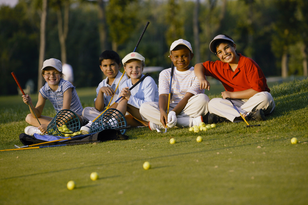 Benjamin Bloom called The Stages of Learning early, middle, and late and these stages parallel what Alfred North Whitehead in 1929 referred to as the “Romance Stage,” the “Precision Stage,” and the “General Stage.” Studies about human learning and development point out that what happens during the early or romance stages of learning "influences " how long and how often individuals will stay involved with an activity. (Read that insight again) The early romance stage must be recognized for what it is.
Studies show that without interest and passion there will be no love for playing a game or learning a subject. Without interest and love, the basic needs of human behavior and development are not being met." "The brain only learns what it pays attention to" - Professor Terry Doyle...Should it pay attention to what to do, or what to fix? 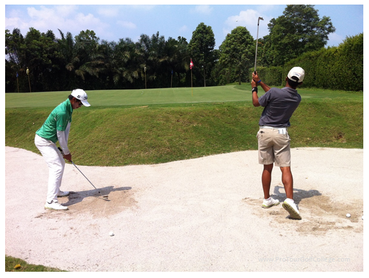 Golf Skill is a Bi-Product Skill-development is a by-product of free, self-motivated play. Pick-up games in parks and school yards, sports environments, and classrooms free of judgment and criticisms are all self-motivated play. This environment should exist in any other learning environment. NOTE: When the early or romance stage of learning is filled with required structured training, lots of instruction and competition, the freedom and enjoyment that can foster interest and passion for an activity are being suppressed. Over-managed, required, and structured instruction during the early / romance stage of learning can cause individuals, young and old, to become frustrated and intimidated, thereby missing an opportunity to develop interest and passion for a subject and love of a game, the love of a subject, or the process of learning anything can be suppressed. I have learned that it is important to recognize that without the sense of pure enjoyment during the early stages of learning, there will be a lack of persistent long term interest. Without enjoyment and self-confidence during free play, there will be little opportunity to gain a feeling of self-worth and love of a game or subject during a journey of development. 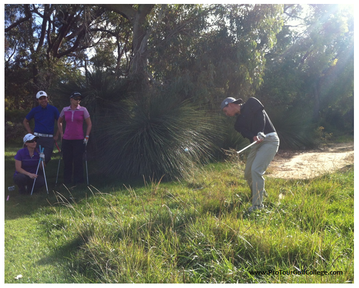 Reduce Structure and Increase Play The nature of learning will find a place for a little structured training during the early or romance stage, as long as there is the opportunity to experience "much more free play" filled with personal exploration. Suggestion: When learning, playing for its own sake, students can develop a passion for and fall in love with that game or school subject, regardless of the score or subject to be learned. Studies show that people engage in playful experiences all the time, without anyone telling them to do so. All humans choose to be playful; it is our nature! When it comes to sports and subjects people of all ages stop playing, or play less frequently because:
It seems imperative that before individuals fall in love with and become frequent participants in learning anything, they must experience an introduction stage that Whitehead referred to as the Romance Stage. Learning becomes more difficult than it should be when information is delivered as a “subject- matter experience “and not as a playful “talent-management, developmental process.” 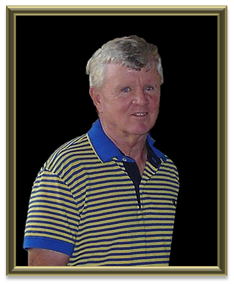 Michael Hebron PGA Master Professional Michael Hebron PGA Master Professional Decades ago Michael Hebron played a key role in orchestrating the first PGA Teaching and Coaching Seminar, bringing together instructors from across the country to share ideas on teaching methods. Following that event, Michael gained the nickname of "the teacher's teacher". Highly respected throughout the international golf community, Michael consults on golf instruction to PGA Switzerland, Italy, France, Finland, Canada, Japan and Sweden. He has given instruction clinics at 30 PGA of America sections. Through his dedication Michael earned the honored status of becoming the 24th PGA of America Master Professional. His book, See and Feel the Inside Move the Outside, was the first golf instruction book accepted as a PGA Master’s thesis. Since then, he has written hundreds of articles for leading golf magazines and authored 4 other books and 3 DVDs. Michael has appeared on The Charley Rose Show, Today Show, The Golf Channel and numerous local cable shows. Golf Magazine and Golf Digest have consistently named Hebron as a member (since their first listings) of America’s Top 50 Instructors. Over the years, Hebron has worked with many successful golfers from the PGA and LPGA tours and several national champions in America and abroad including three time men's major winners. He has also worked with many successful high school and college golfers—but Michael’s pride is working with club golfers. You can contact Michael through his website at http://www.michaelhebron.com/ or through his Facebook page at https://www.facebook.com/neurolearninggolf.live Comments are closed.
|
Archives
June 2019
|
Proudly Supported By
Copyright © 2011 - 2018 Pro Tour Golf College
Website Managed By Golf Performance Media
All Rights Reserved
Website Managed By Golf Performance Media
All Rights Reserved

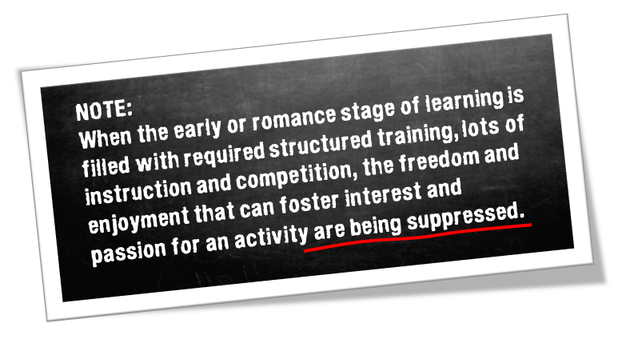
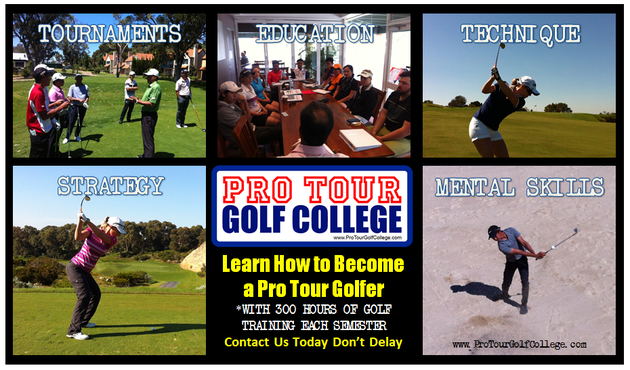
 RSS Feed
RSS Feed



